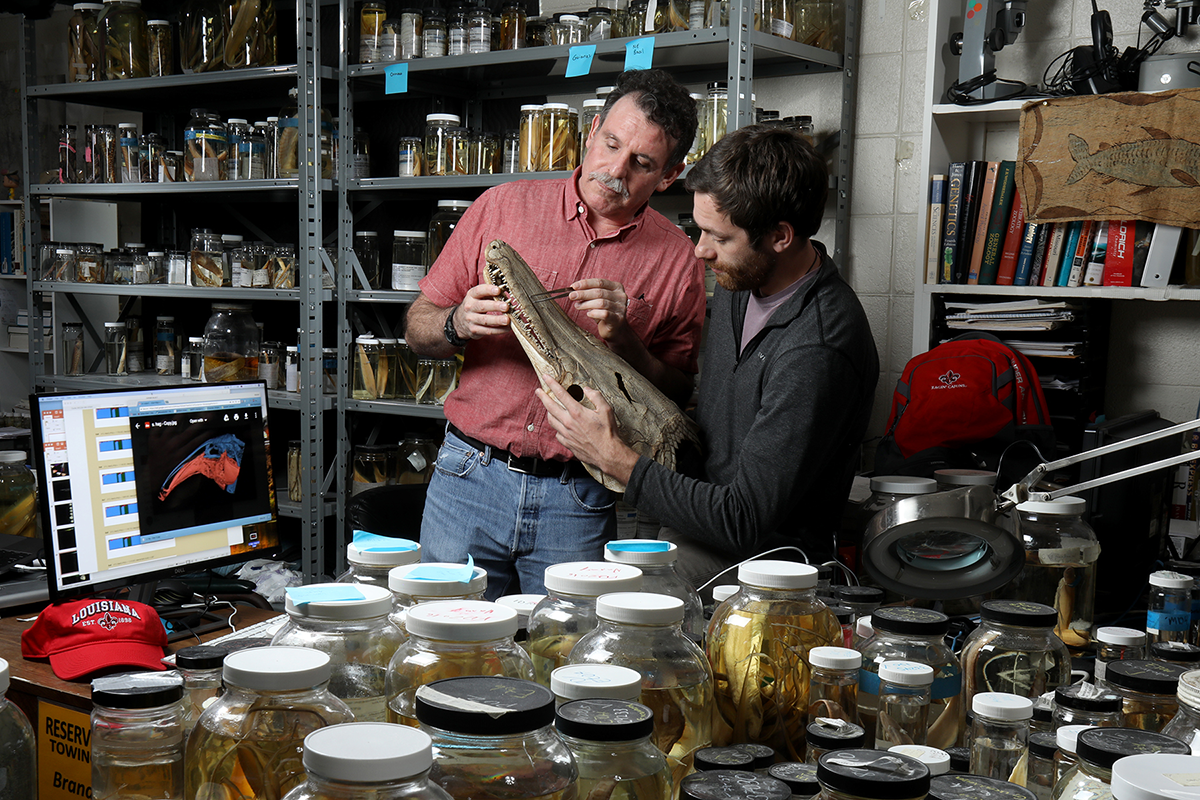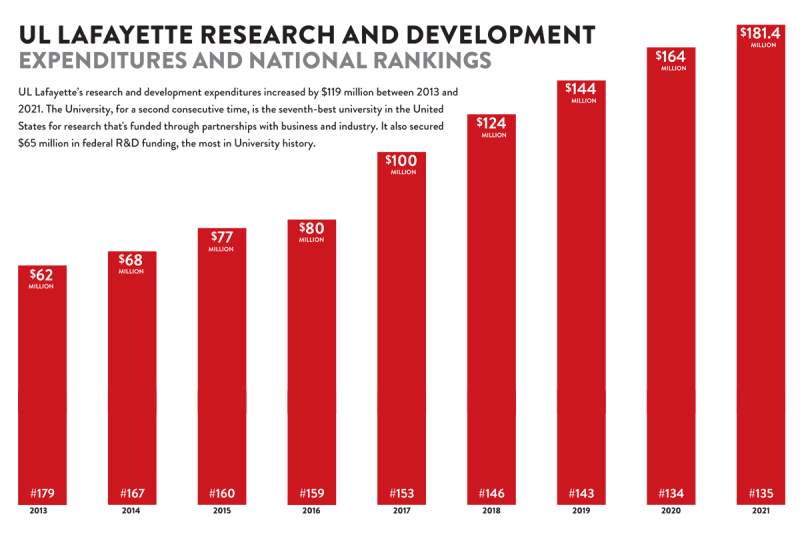Environments in the Amazon are being degraded by human industrial activities at a pace far surpassing anything previously known. This is according to a paper published in the premier journal “Science” coauthored by Dr. James Albert, biology professor at the University of Louisiana at Lafayette.
As a result, this degradation is imperiling the Amazon’s vast biodiversity reserves and globally important ecosystem services.
“These changes are happening much too rapidly for Amazonian species, peoples, and ecosystems to respond adaptively,” Albert said.
The Amazon rainforest is the most diverse ecosystem on earth and is home to about 10% of all plant and animal species. In addition, it’s a critical component of the earth’s climate system. It contributes 16% of all terrestrial photosynthetic productivity and regulates global carbon and water cycles.
According to the paper in “Science,” Amazonian ecosystems are being rapidly degraded by human industrial activities, with a cumulative total of 17% of the original forest already lost. The paper notes that after millions of years serving as an immense global carbon pool, under further warming the Amazon rainforest is just now becoming a source of carbon dioxide to the atmosphere.
“We found that rates of human-caused changes to Amazonian ecosystems are hundreds to thousands of times faster than those of other natural climatic and geological processes. These human-caused changes affect the whole continent in the time frame of decades to centuries, as compared to millions to tens of millions of years for evolutionary, climatic, and geological processes,” Albert said.
The main drivers of the destruction and degradation of the Amazon’s habitat are deforestation, wildfires, soil erosion, damming rivers, and desertification from global climate change. The authors emphasize that these transformations are having multiple and catastrophic consequences for human welfare, including widespread water and food insecurity.
The article, which appears on the cover of the January 27, 2023, issue of “Science,” provides a detailed list of policy recommendations that could prevent the worst outcomes.
You can read it here: https://www.science.org/doi/10.1126/science.abo5003
“Science” has been at the center of important scientific discovery since its founding in 1880—with seed money from Thomas Edison. Today, “Science” continues to publish the very best in research across the sciences, with articles that consistently rank among the most cited in the world.
The “Science” family of journals is published by the American Association for the Advancement of Science (AAAS), the world’s oldest and largest general science organization. The nonprofit AAAS serves 10 million people through primary memberships and affiliations with some 262 scientific societies and academies.
Photo caption: Dr. James Albert, left, is a University of Louisiana at Lafayette biology professor. A study he coauthored on the effects of human industrial activities on the Amazon is in the latest issue of the journal “Science.”

